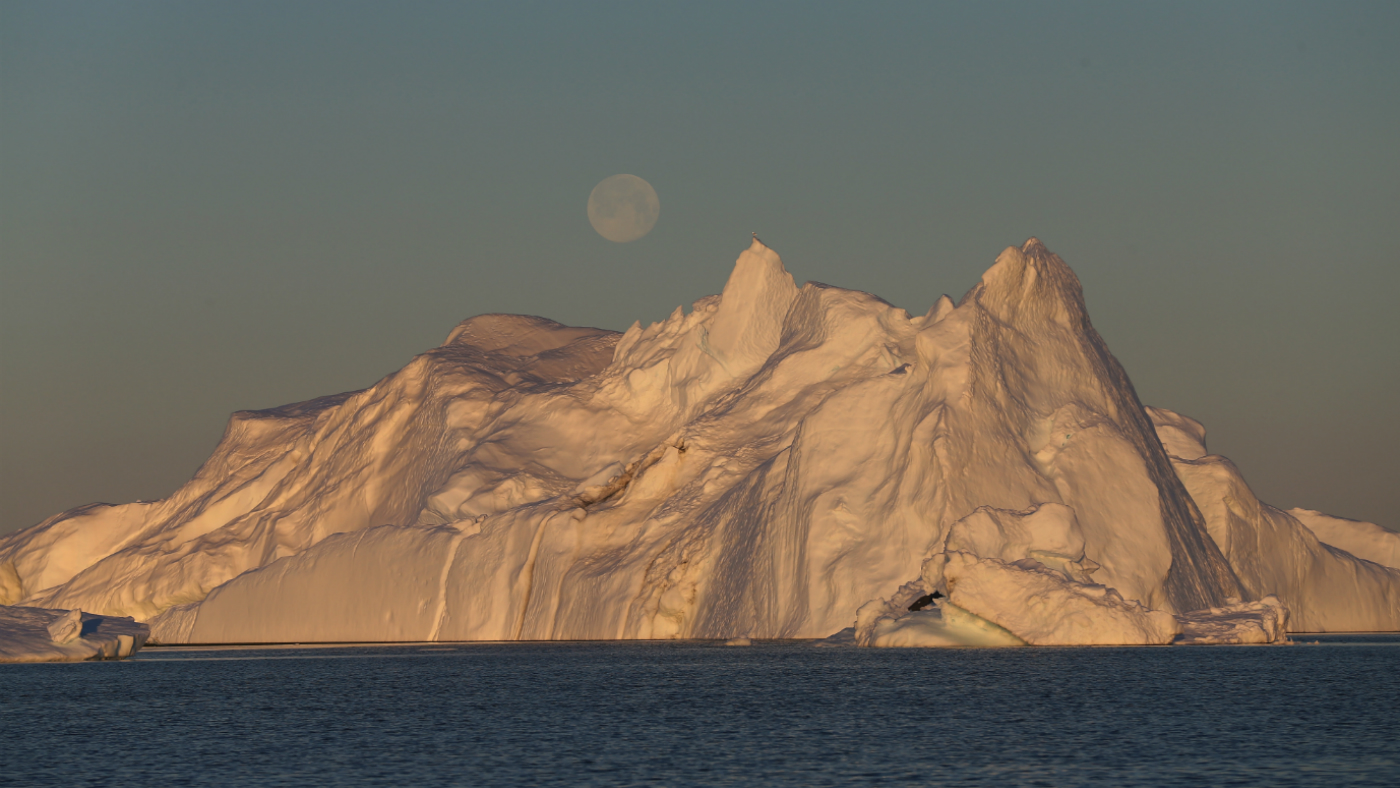Arctic ice machine to halt melting caps
Scientists call for Manhattan Project-scale effort to slow effects of global warming

A free daily email with the biggest news stories of the day – and the best features from TheWeek.com
You are now subscribed
Your newsletter sign-up was successful
Scientists have called for a Manhattan Project-sized geo-engineering scheme to create more sea ice and prevent a climate "catastrophe".
Experts believe the increasing loss of ice due to global warming could mean that within the next few decades, the Arctic is essentially free of sea ice for the first time in about 100,000 years.
"[The] loss of sea ice represents one of the most severe positive feedbacks in the climate system," says Dr Peter Gleick, the president of the Pacific Institute in California.
The Week
Escape your echo chamber. Get the facts behind the news, plus analysis from multiple perspectives.

Sign up for The Week's Free Newsletters
From our morning news briefing to a weekly Good News Newsletter, get the best of The Week delivered directly to your inbox.
From our morning news briefing to a weekly Good News Newsletter, get the best of The Week delivered directly to your inbox.
A team of scientists from Arizona State University has suggested using wind turbines to pump water from below the existing sea ice to the surface, where it would freeze more readily.
"Restoring Arctic sea ice thus probably requires a local solution tailored to that part of the climate system," they wrote.
"Happily, though, any prevention of Arctic sea ice loss has the advantage of arresting the most powerful feedback in the climate system and making global climate change easier to deal with."
It would "be a massive undertaking on the scale of the Manhattan Project, which saw the US develop the first nuclear bomb", says The Independent. Researchers estimate it would cost around $500bn (£405bn) to cover more than ten per cent of the Arctic with wind-powered pumps.
A free daily email with the biggest news stories of the day – and the best features from TheWeek.com
Other suggestions include creating clouds by pumping seawater into the air, reflecting light from the sun in space, planting massive forests to absorb carbon dioxide and adding fertiliser to the sea in select areas to increase the numbers of organisms that absorb carbon dioxide.
Writing in Earth's Future, a journal of the American Geophysical Union, researchers warned that despite their plans, hope of a total reversal of climate change would be unwarranted, saying it would still be "too late to prevent loss of summer sea ice in the 2030s" even if humans stopped producing carbon dioxide emissions.
"Restoring Arctic sea ice thus probably requires a local solution tailored to that part of the climate system," they added.